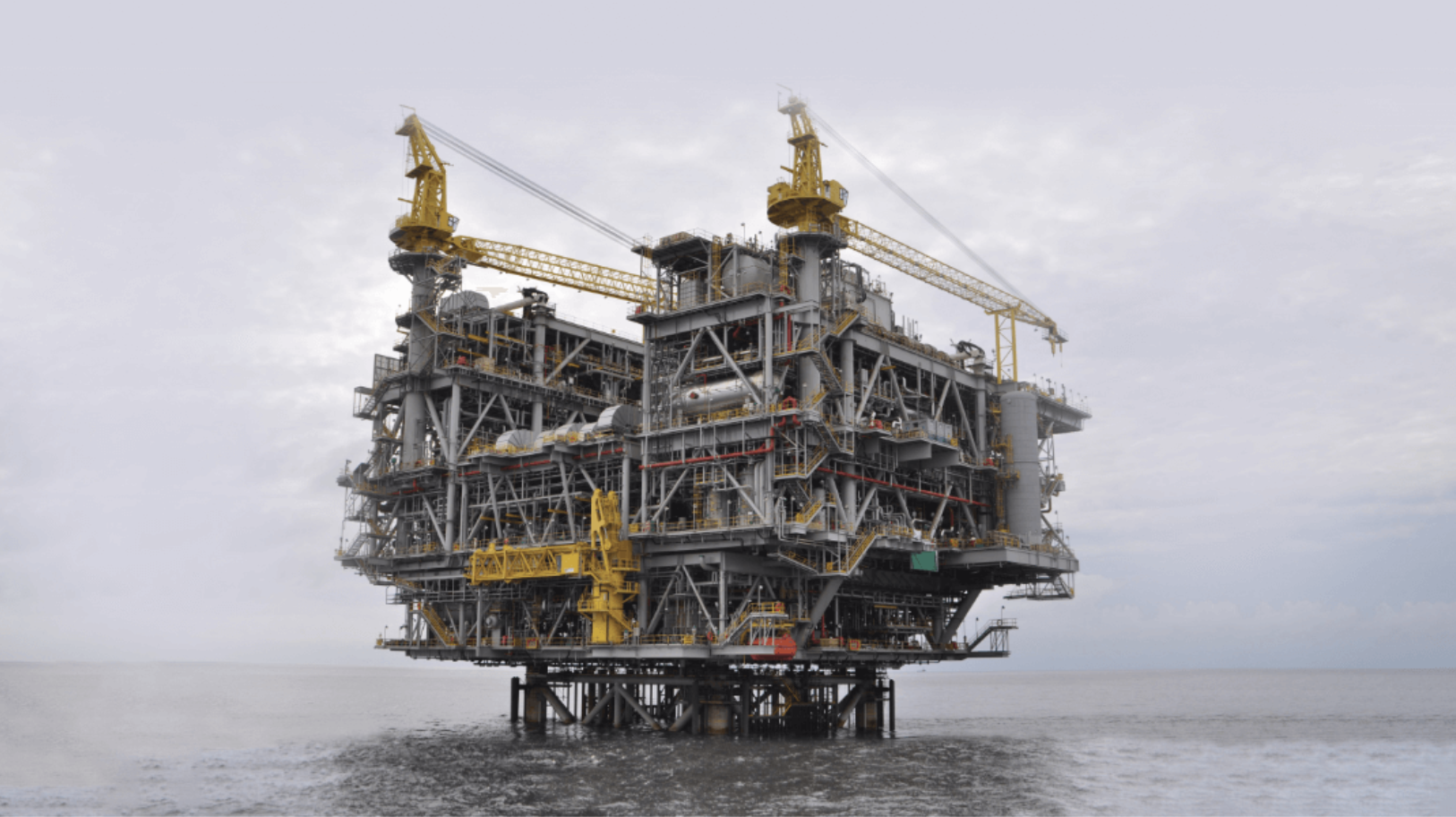With a new record-high oil revenue in Q3 2021, Angola has collected over Kz 4.2 tn in oil revenue this year so far, data compiled by Hawilti from the country’s Ministry of Finance shows. This is already higher than its oil revenue target of Kz 4.059 tn set within its 2021 budget.
“In the first nine months of 2021, Angola had already collected more revenue from oil than it did in twelve months in 2019 and 2020,” said Mickael Vogel, Head of Research at Hawilti.
Angola is known for being conservative and realistic in its budget estimates and had set its oil price reference for the year at $39/bbl. In comparison, the Girassol Blend started the year at $55.84/bbl on average in January and stood at over $74/bbl on average in September, according to OPEC data. This explains why despite decreasing output, Angola has posted a strong performance in oil revenue collection this year.
Source: Ministry of Finance
The country’s total ordinary petroleum receipts comprise of the IRP (petroleum income tax), the IPP (tax on petroleum production), the ITP (tax on petroleum transactions) and additional concessionaire’s revenue.
Angola’s ability to meet its oil revenue target notably contrasts with that of Nigeria. Just last week, President Buhari declared that the Federal Government of Nigeria’s share of oil revenue was 51% below target as of July 2021 due to disappointing production levels.
However, and despite strong oil revenue collection, Angola’s oil sector continues to underperform due to lack of investments in the past decade. Oil production in 2021 was initially budgeted at an average of 1,220,400 bopd before it was revised down in the middle of the year to 1,193,420 bopd.

